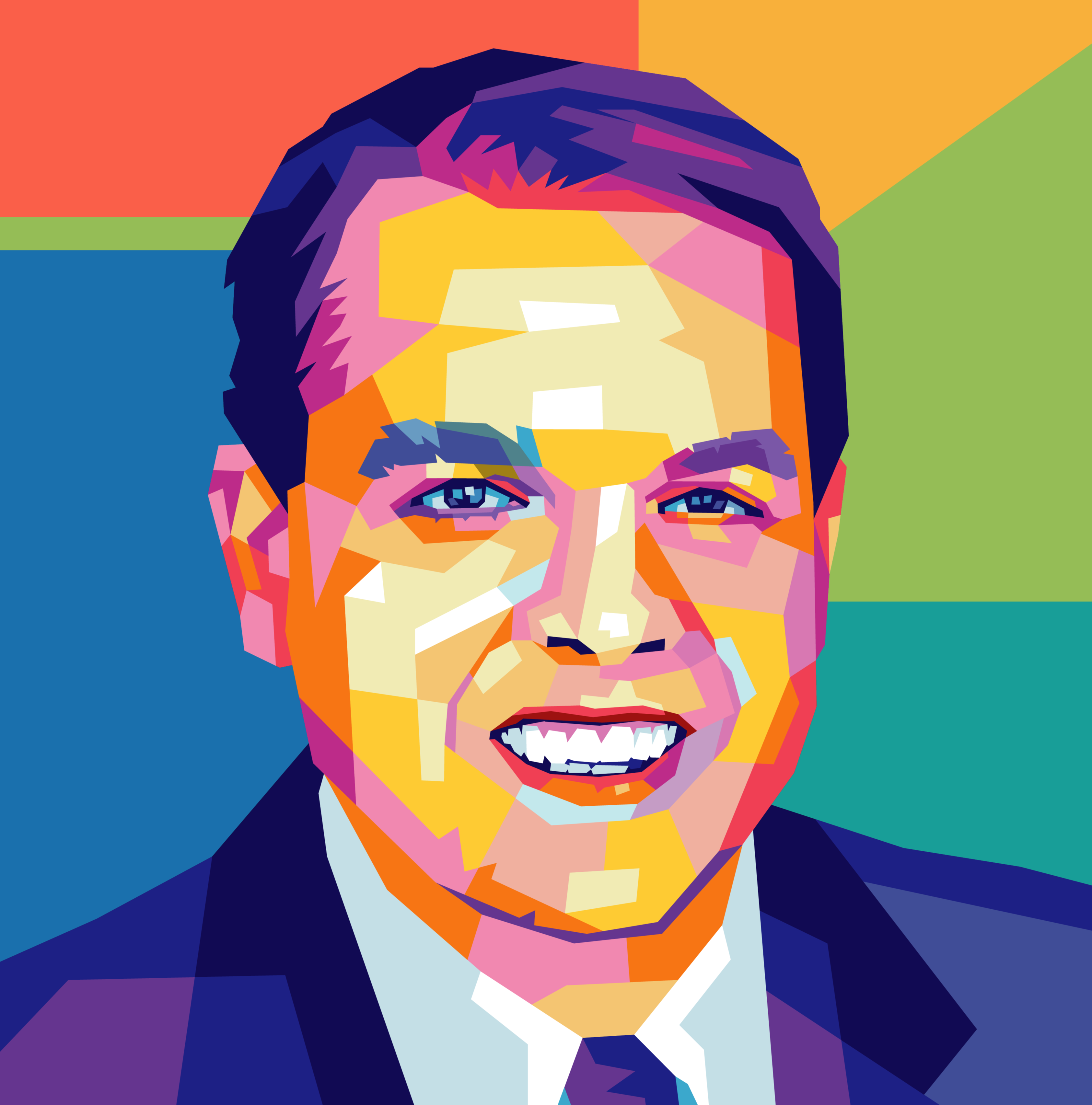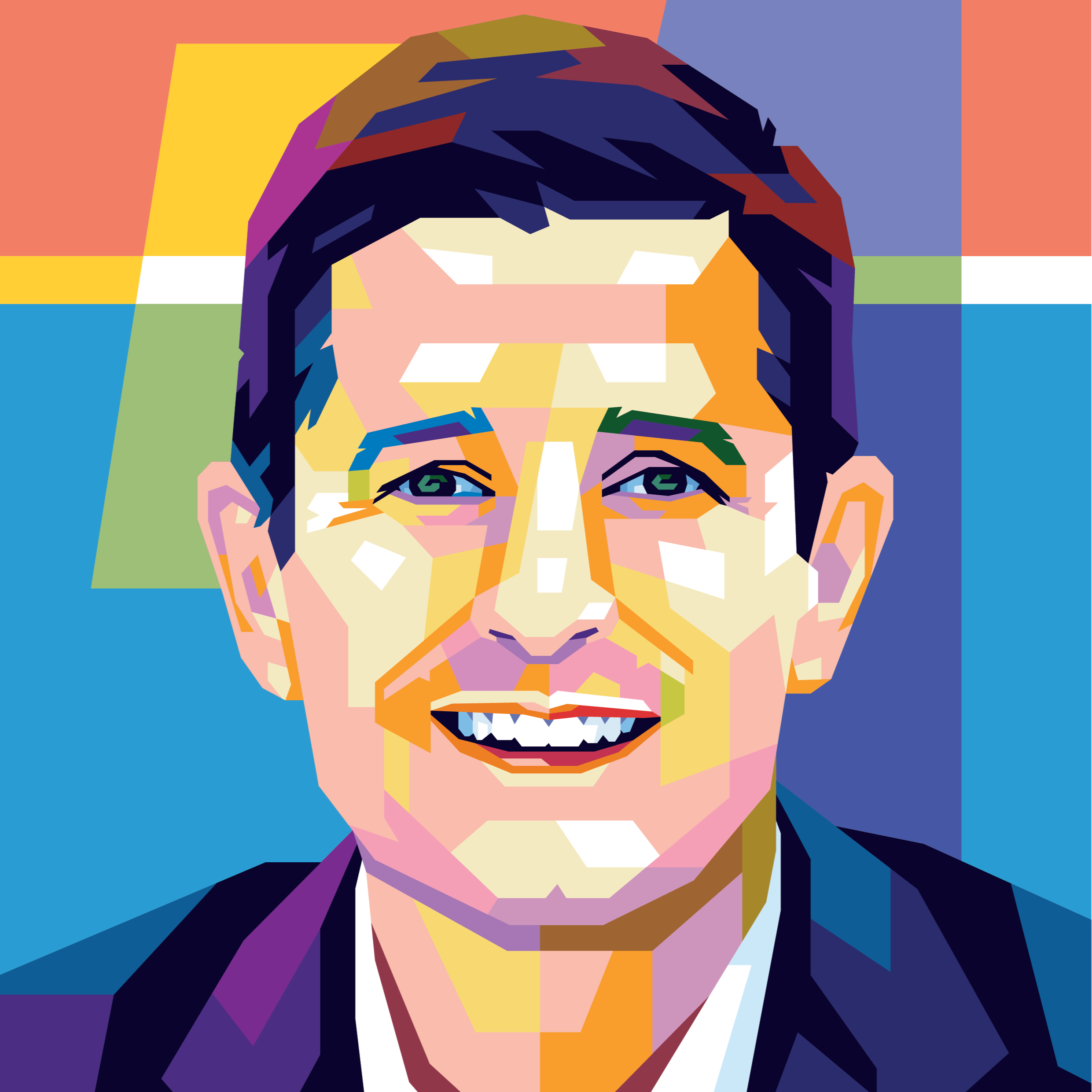Ryan Neal and I both covered the wealth management space as journalists for several years within the trade publication space.
 Now, both of us are in the wealth management industry – I joined AdvisorEngine®, and Neal is at TradePMR – but we are still creating content that informs RIAs.
Now, both of us are in the wealth management industry – I joined AdvisorEngine®, and Neal is at TradePMR – but we are still creating content that informs RIAs.
I sat down with Neal to discuss emerging communication trends, how advisors can tell their stories and share advice and his next project in the works. Here's a transcript of the conversation:
Suleman Din: Ryan, we covered the wealth management industry for years. One trend I’ve noticed is that advisors increasingly depend on how they communicate their practice to prospects and clients. How do you see that evolving?
Ryan Neal: I think about the podcast recently launched by JJ Redick and LeBron James, which discusses the sport of basketball from the perspective of those who have played it, rather than sports reporters who may have never touched the court. I believe it was The New Yorker that described how this could be a future model for sports journalism. Beyond sports, we’re seeing it across industries – people in tech are going around traditional media companies and speaking directly to their audiences. We’re seeing it in the venture capital community. There’s space for that in wealth management. Action! magazine is proving to be a part of this trend. The publication shows there is an appetite for that nuts-and-bolts type of practice management coverage, where they can learn about actual things they can do with their firm. There’s an appetite for people to hear more from the industry itself, from leaders, advisors on the ground, and people who work every day in this industry. There’s an opportunity to tell those stories and people want to hear them.
Din: How will that contribute to the growth of a wealth management practice?
Neal: There’s a good marketing case here. The name of the game now is personalization and differentiation. Just as advisors are trying to personalize their service for clients, they need to personalize themselves. They need to stand out from the rest of the RIAs and telling their stories is how they can do that. At TradePMR, we believe that part of the equation for growth is the human-to-human relationship. Personalization is such a huge part of growth going forward.
We’re ten years past the dawn of robo-advisors, we’re ten years past investment management more or less being automated. Yes, there are advisors out there who still have a ‘secret sauce’ for investments, but I believe it’s now widely accepted that the key to growth is building that relationship, building that human connection and being someone a client can rely on. If you’re just another suit that says, ‘Hey, I’m here to help you with your money and outperform in the stock market,’ I just don’t see how you can build the relationships you need to grow in the future. But telling your story, letting us know, ‘Here’s who I am as a person, here’s what I believe in, and here’s my values in what I do,’ that’s how you make yourself human and attract people who want to work with you.
Din: How can advisors better explain what they do and who they are?
Neal: Humanizing to me doesn't mean that you tell prospects, ‘I'm a star performer, I’m a portfolio manager beating the market by 10 times,’ or something like that. It’s more like, are you a nice human being? How can I trust you, as a professional, to be able to work with me on things that are really important to me? I suppose that's the $10 million marketing question. And if I had the silver bullet answer for that, I'd be the world's greatest advertiser. But there are some things we can see that work and things that don't work.
In the wealth management space, it goes beyond posting everyday pictures of your kids and your exercises on LinkedIn – although that certainly helps to humanize you as an advisor. It’s more about adding value and adding authenticity. Maybe that's my bias as a journalist and loving people who have those stories, but when you can add value, that is huge. You can show you are there to help, that you have answers to questions, and that you are an authority. You're willing to help people, and you’re not just there for profit. You have the knowledge that's needed to be different.
And then just being your authentic self. Especially in our modern era, people care about someone who's not putting on airs. We know the more AI becomes a part of things, the more we all will develop that tingling in the back of our head that maybe what I’m reading or seeing isn't real. When you can just genuinely say, ‘Look, this is who I am, this is what I do, this is what I believe in,’ that means something to people. That is only going to increasingly mean something to people.
Din: Let’s keep in mind that not everyone is a born communicator. And a number of advisors come from environments where external communication is tightly controlled. They might not know how to express themselves the way you’re advocating.
Ryan Neal: It can be a scary thing. At TradePMR, one of our focuses is Apollo, in which we recognize advisors are often alone and operating on an island, running everything from the firm’s finance, staff, office space, figuring out their technology tools, all the while growing their business and marketing. As you said, not everyone has that skill set; not everyone's good at it. Not everyone wants to do it, either. Part of what we are doing is connecting advisors with leaders, people who are really good at it, and helping them devise that messaging strategy, the marketing to help them get their stories out there.
Din: In your mind, are there examples of advisors or firms who are successful, authentic communicators?
Neal: There are a number who have built large followings on social media, and they did so because they showed us their authentic selves. They make witty comments and share in-jokes, but they also give helpful information. When there was an issue involving our industry, I always found they gave good commentary on what they thought, without a filter. The key again is these folks went beyond that suit-and-tie investment persona, like, ‘Here's my personality. I can tell jokes and I like Hip Hop. But, oh, you have questions about whether I should have a savings account or an HSA? Here’s what you should do.’ They are just good at that.
Din: You’ve brought up the suit-and-tie financial advisor persona a few times. Is that something you think needs to change?
Neal: That’s coming from my personal bias as a punk rock kid in New York City who didn't know a single thing about finance before I got hired at Wealthmanagement.com to cover the industry and had to learn it on the fly. It's probably not fair, but for many people out there, what will they assume in their head when you say financial advisor? It's going be a clean-cut person, probably wearing at least business casual, if not a full suit. Do I think that needs to change? I don't know if it really does, to be honest. Does everybody want to work with someone like that? No. And there's definitely room for people that are more casual to more formal.
Din: I want to come back to your comments on the idea of how the industry reporting on itself is a new model of doing things. When we launched Action! we wanted to build a resource that went beyond the coverage that is very much trends-based and transactional. Our goal is to be within the industry talking to others, learning about their issues, how they're handling them and then sharing that knowledge freely so that everyone can benefit.
Neal: I'm a sports guy, so I always come back to sports analogies. I love hearing actual athletes and coaches breaking down the plays. That's something Action! does for our space – getting actual industry people break it down to the practical, here's what you gotta go do at your firm in order to capitalize on these trends.
We see opportunities for the other side when it comes to the narrative. We're looking to launch a new publication at TradePMR that creates a platform for people in this space to tell their personal stories. Mostly advisors as well as tech leaders, thought leaders, the names you know, to talk about why they're in this industry. What I've been explaining to people is Action! magazine does the how of wealth management. Here's how you do it: the plays and the nuts-and-bolts stuff. We're gonna be the why. Why did they become an advisor? What are their success stories? I've heard throughout the years at industry conferences people talk about how it's more than about making money. It's about building relationships and helping people achieve their financial goals and their dreams.
Let's hear the stories. Let’s hear about the advisor who worked with a single mother to help get their kids through college. Let's hear about the advisor who came from another country and learned the American financial system on their own and now works with fellow immigrants in their community to help them achieve their dreams here in the United States. I'm really excited to hear about them and learn about them and give people a mouthpiece.
We're also launching a podcast called “Synergize” designed to help advisors evolve and grow in an emerging AI-driven world. We’re bringing on a range of industry thought leaders to explore what we believe are the most meaningful topics driving sustainable growth. For example, understanding and creating a personalized client experience. Or how to leverage technology to deepen client relationships and prospect interactions at scale. Part of that is what we’ve been talking about here – how advisors can tell their story in a compelling and contagious way. The idea is to bring experts from across a range of disciplines to share insights that help RIAs evolve their value proposition and position their firm to success in the financial advice business of tomorrow.
This blog is sponsored by AdvisorEngine Inc. The information, data and opinions in this commentary are as of the publication date, unless otherwise noted, and subject to change. This material is provided for informational purposes only and should not be considered a recommendation to use AdvisorEngine or deemed to be a specific offer to sell or provide, or a specific invitation to apply for, any financial product, instrument or service that may be mentioned. Information does not constitute a recommendation of any investment strategy, is not intended as investment advice and does not take into account all the circumstances of each investor. Opinions and forecasts discussed are those of the author, do not necessarily reflect the views of AdvisorEngine and are subject to change without notice. AdvisorEngine makes no representations as to the accuracy, completeness and validity of any statements made and will not be liable for any errors, omissions or representations. As a technology company, AdvisorEngine provides access to award-winning tools and will be compensated for providing such access. AdvisorEngine does not provide broker-dealer, custodian, investment advice or related investment services.






-1.png)